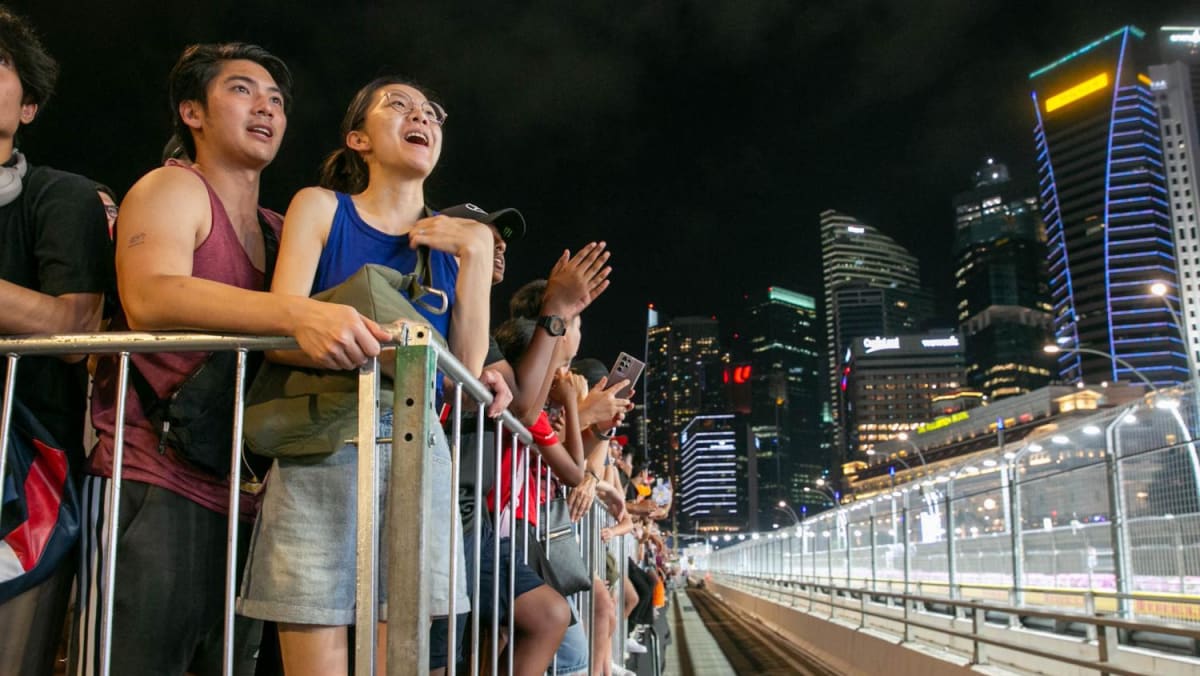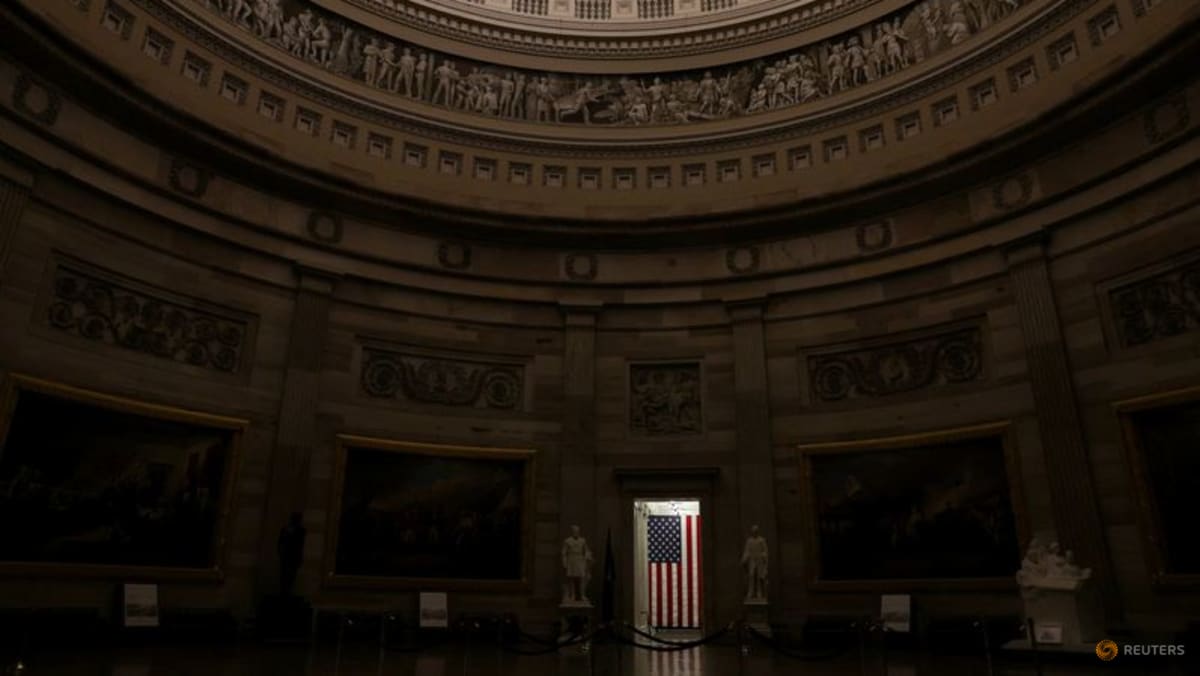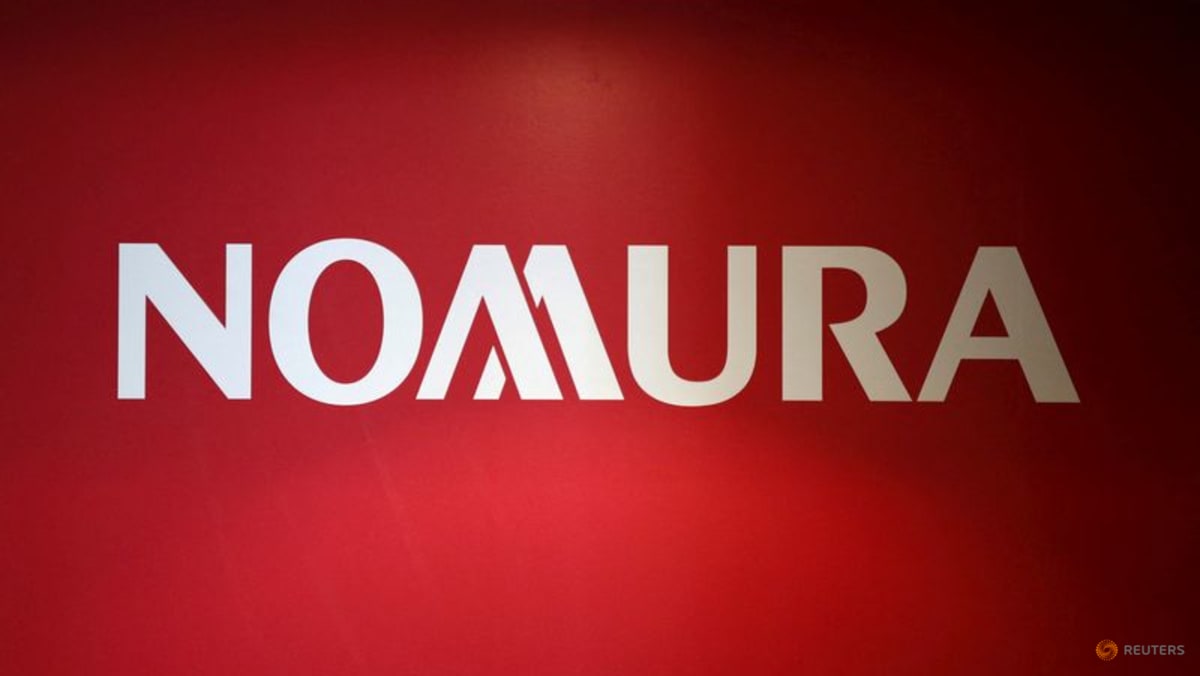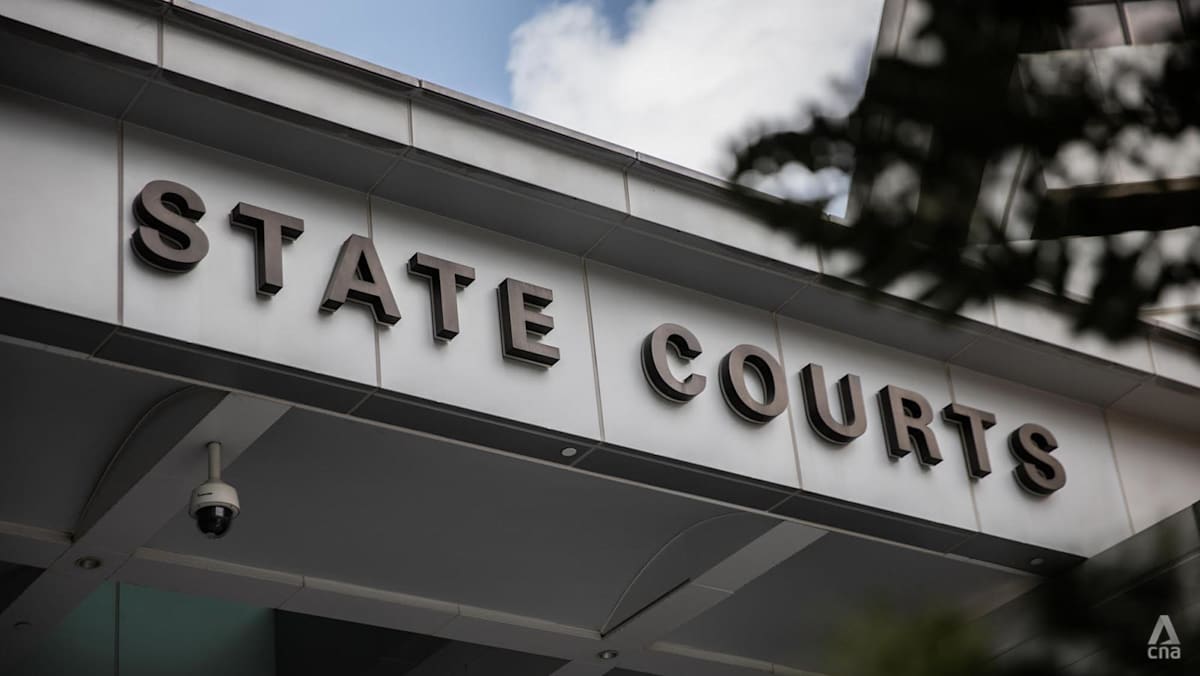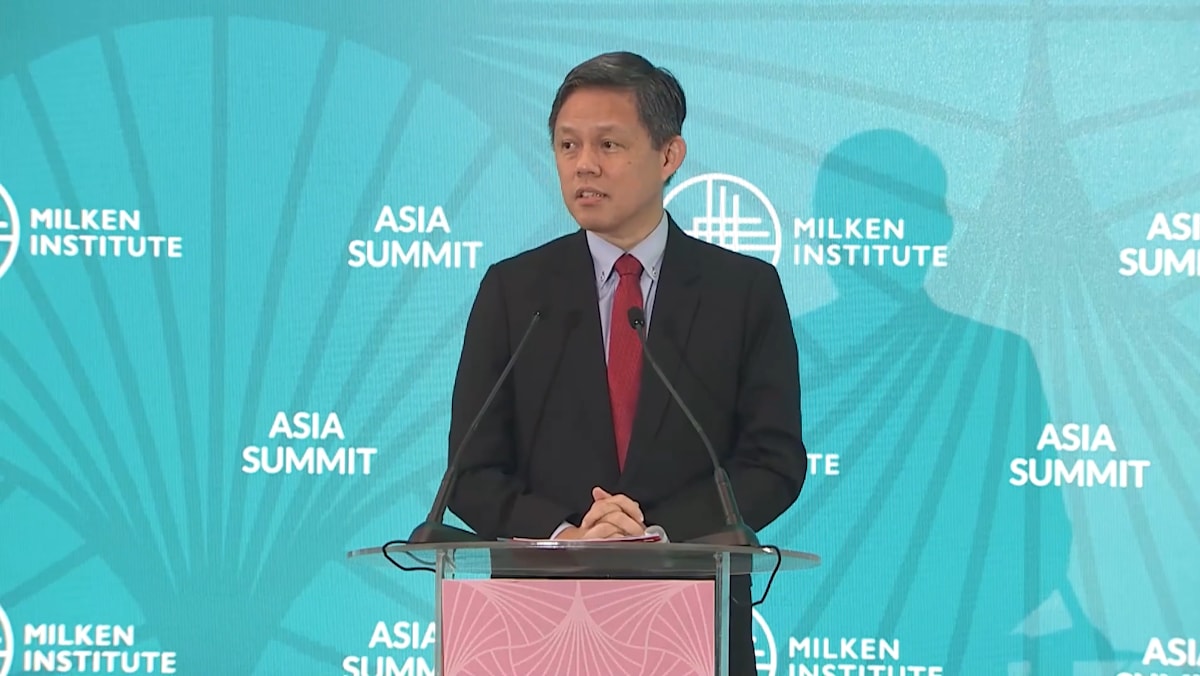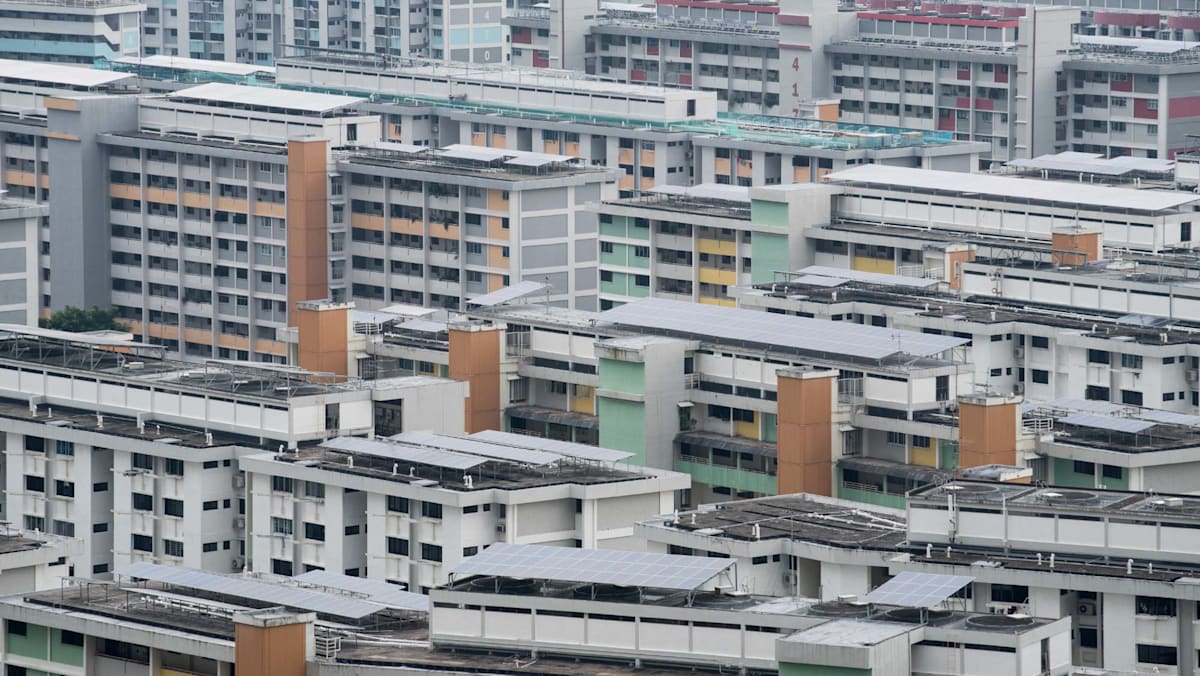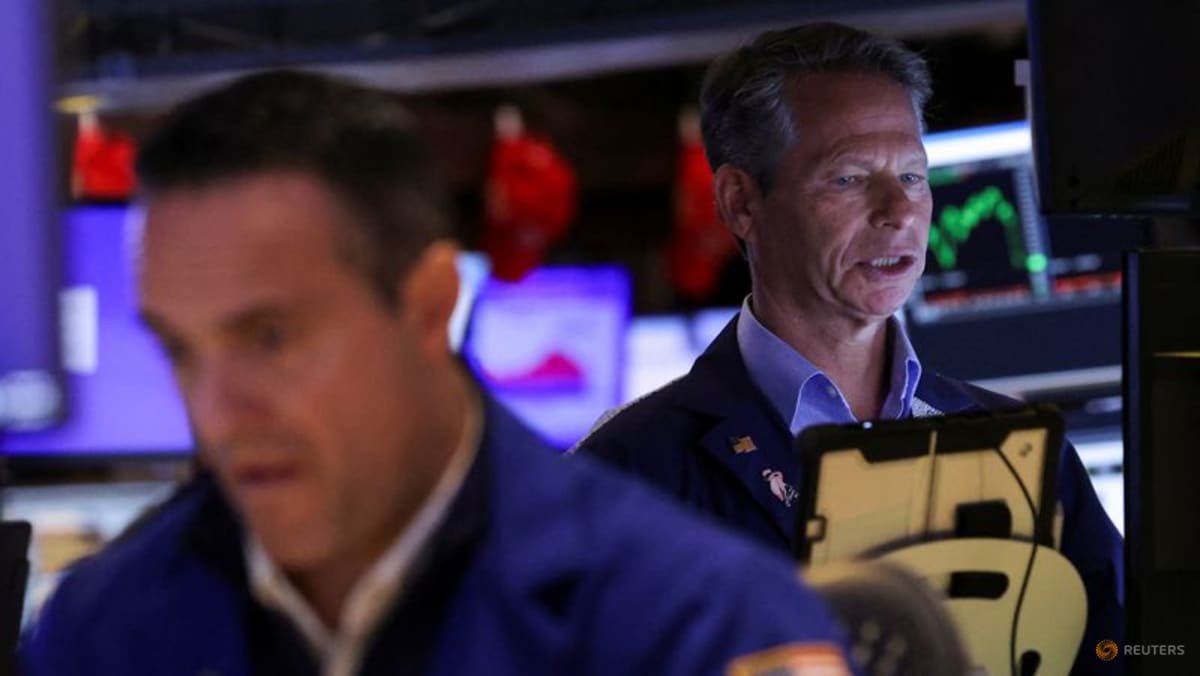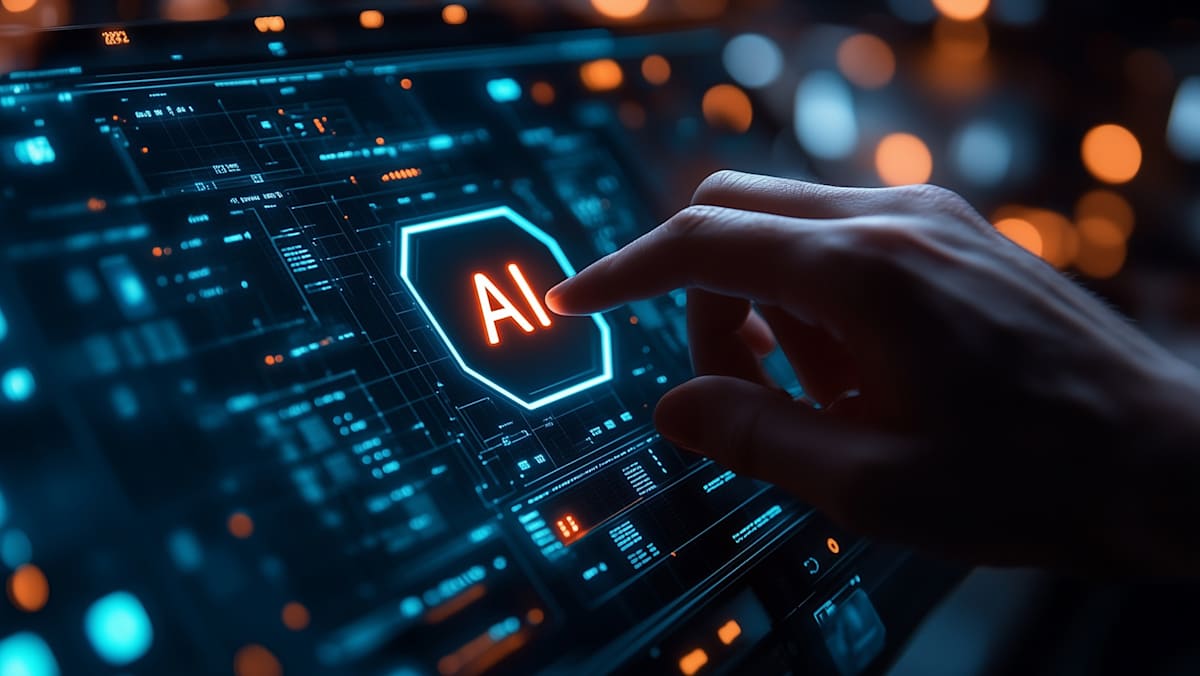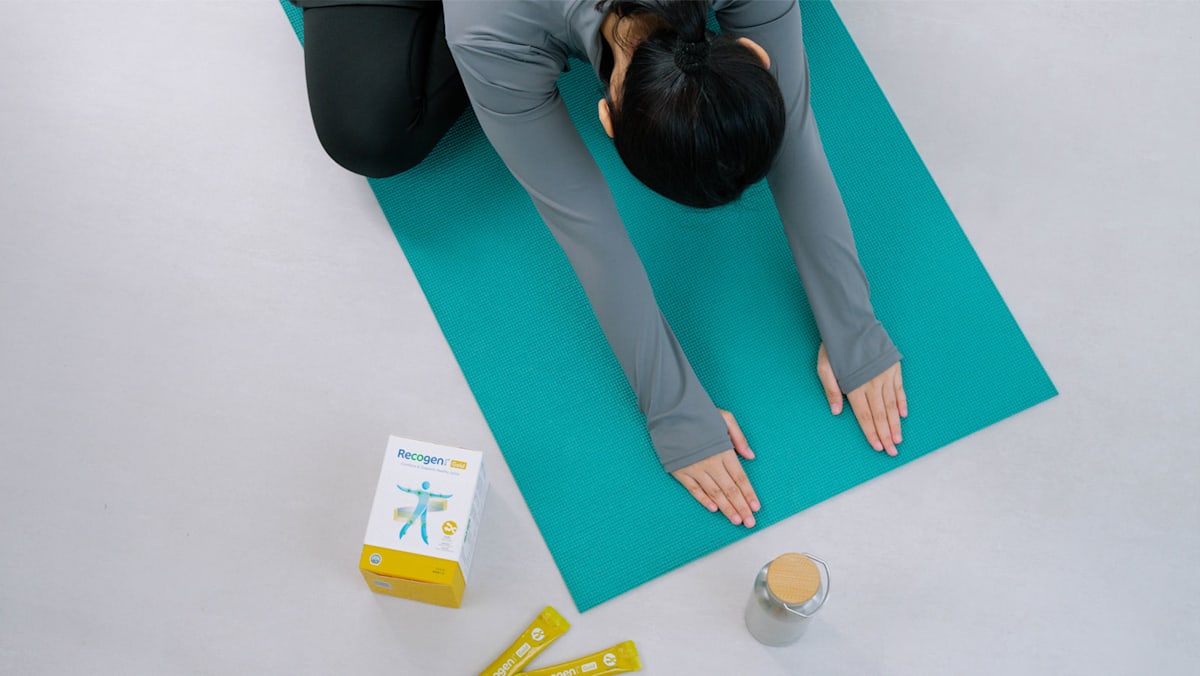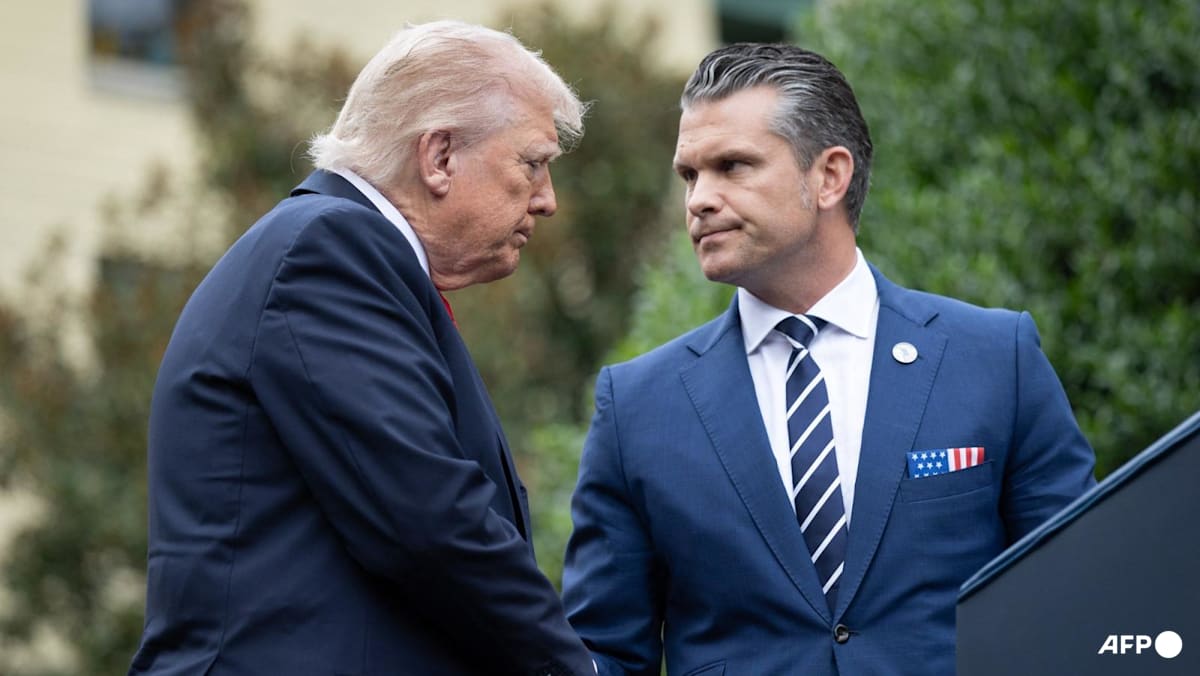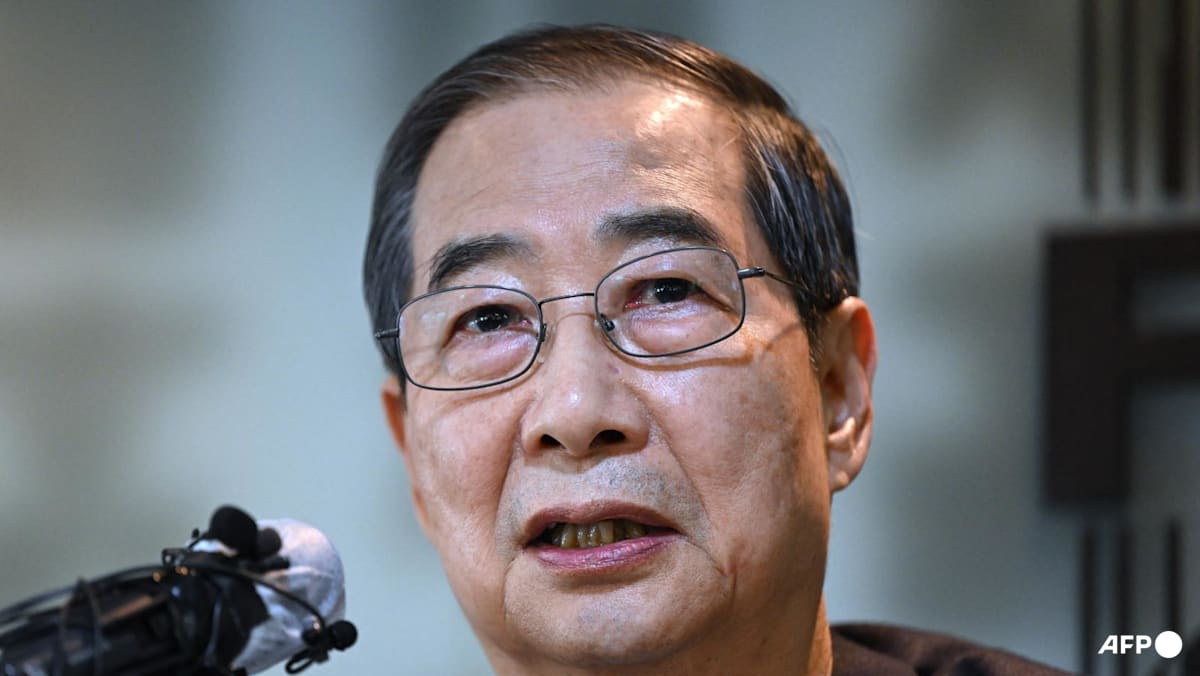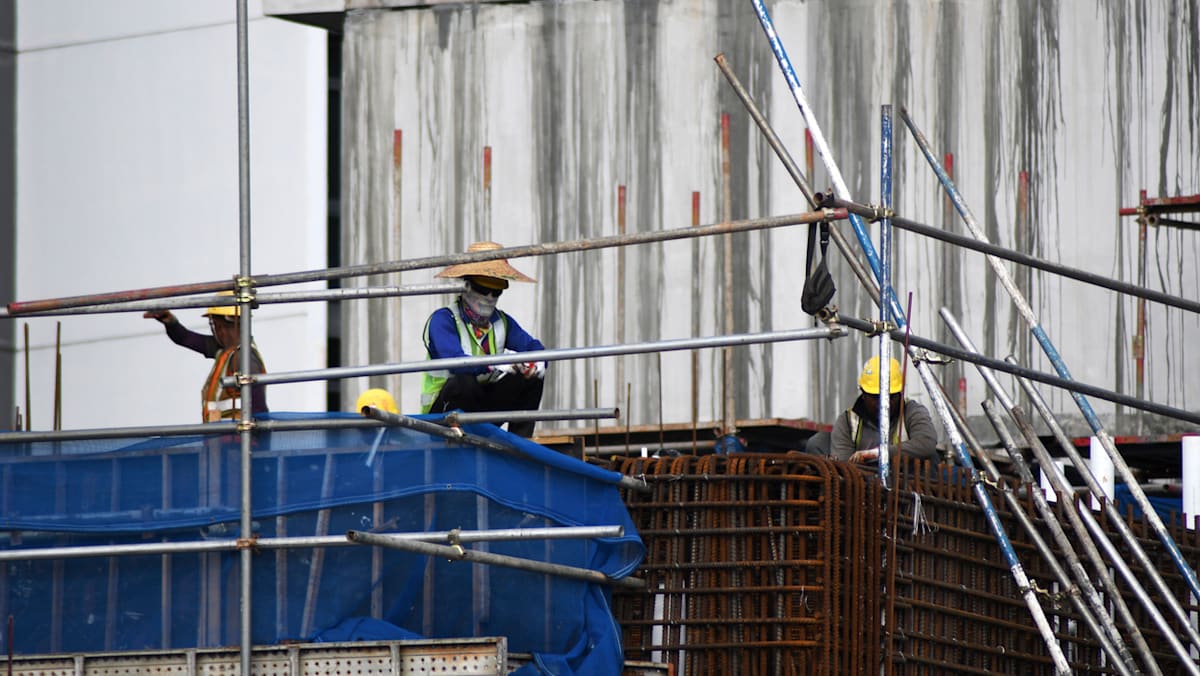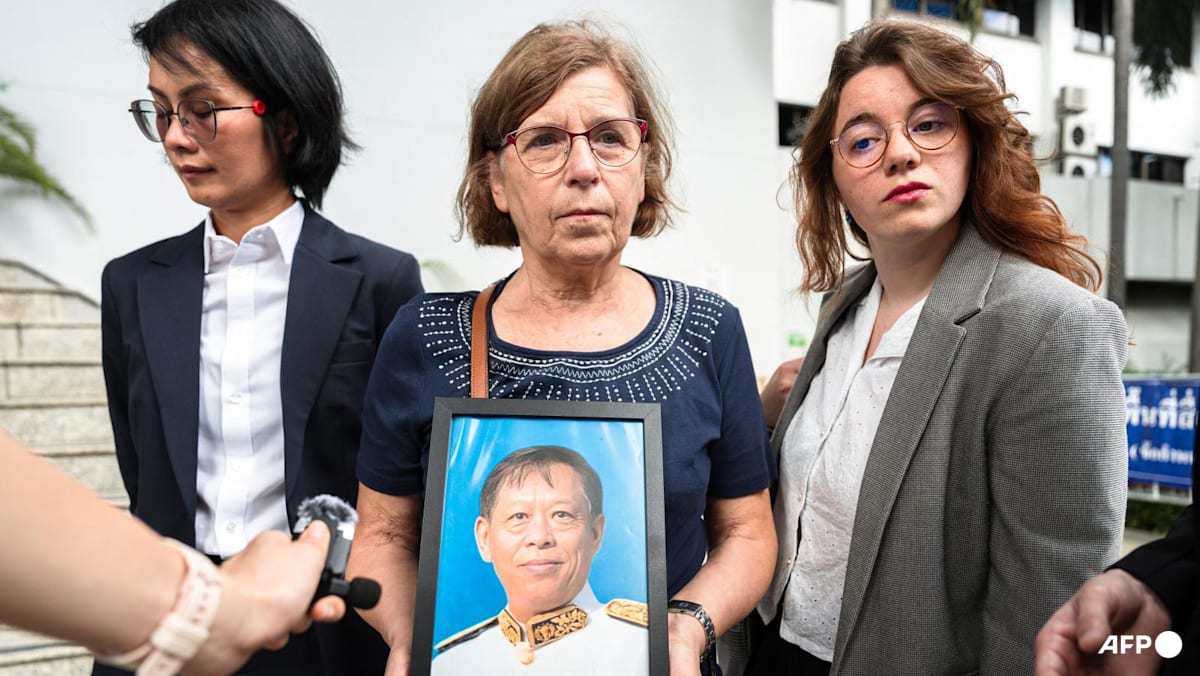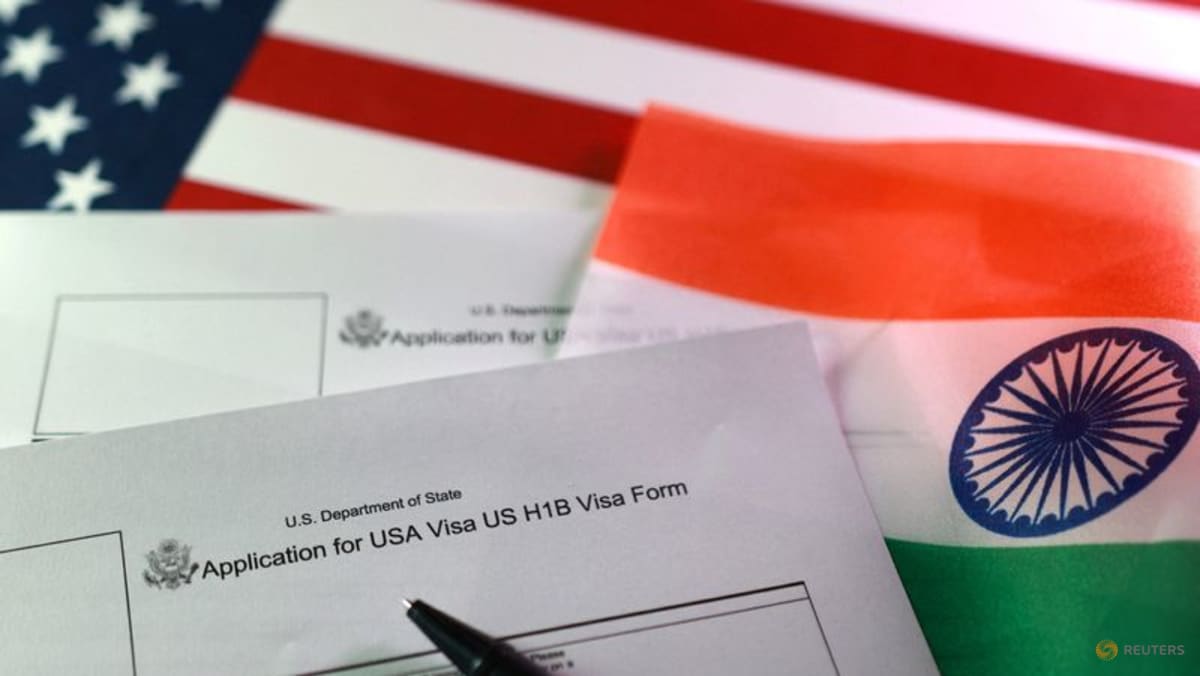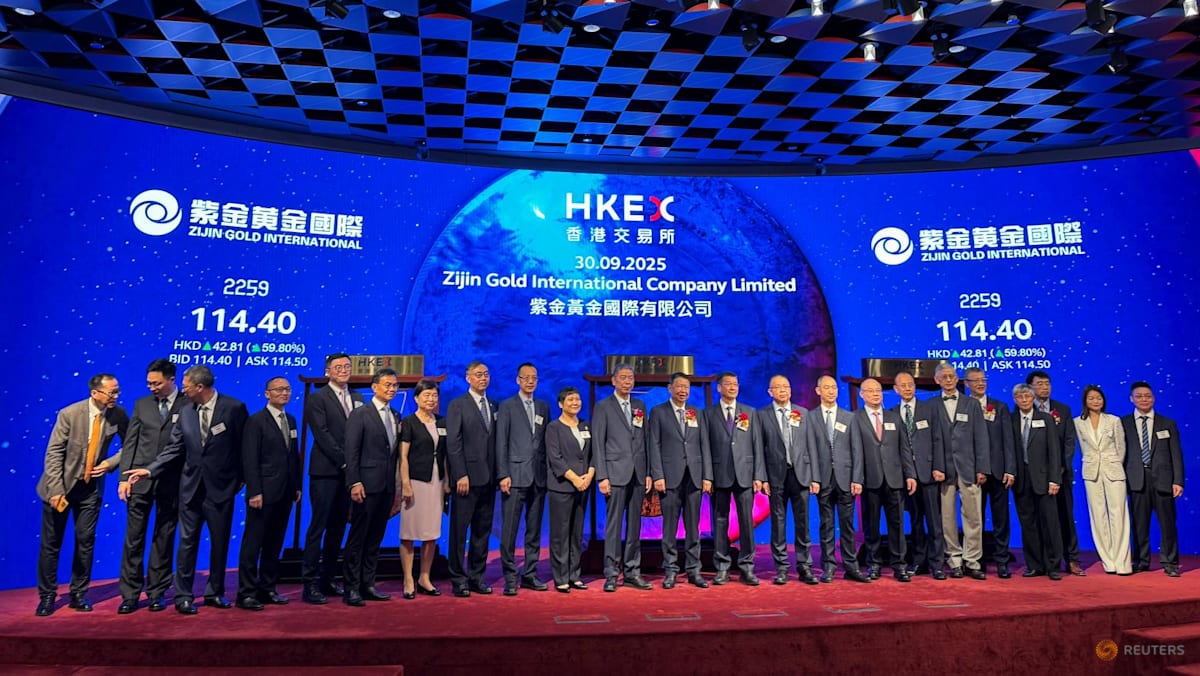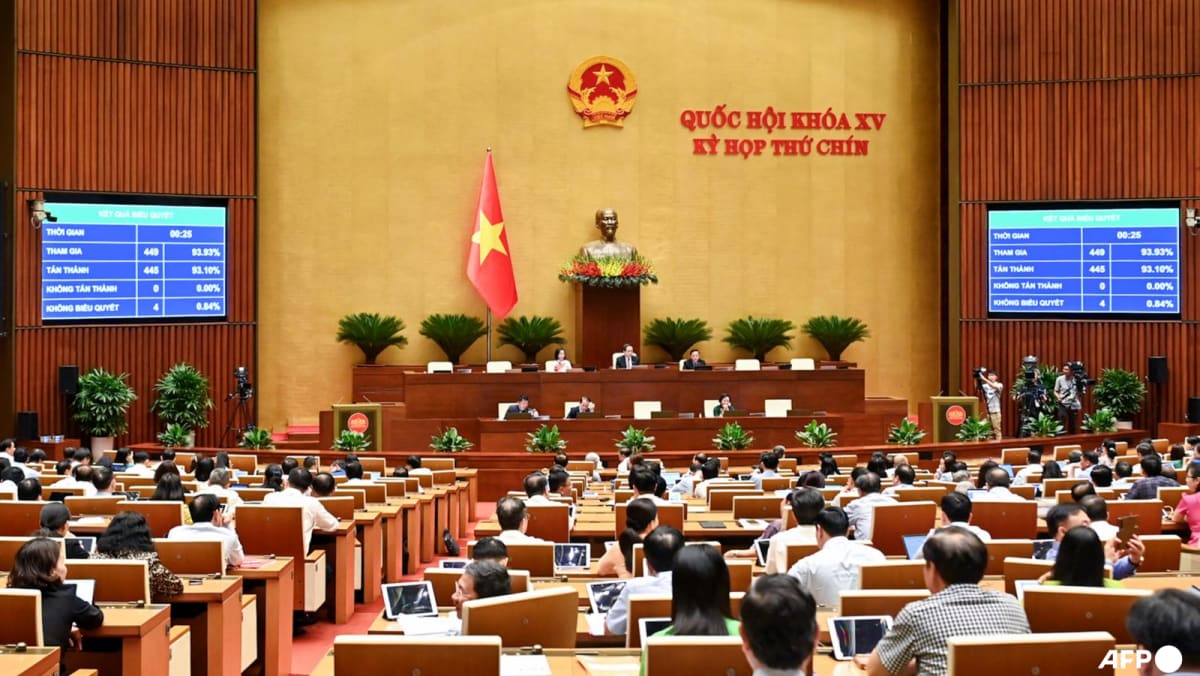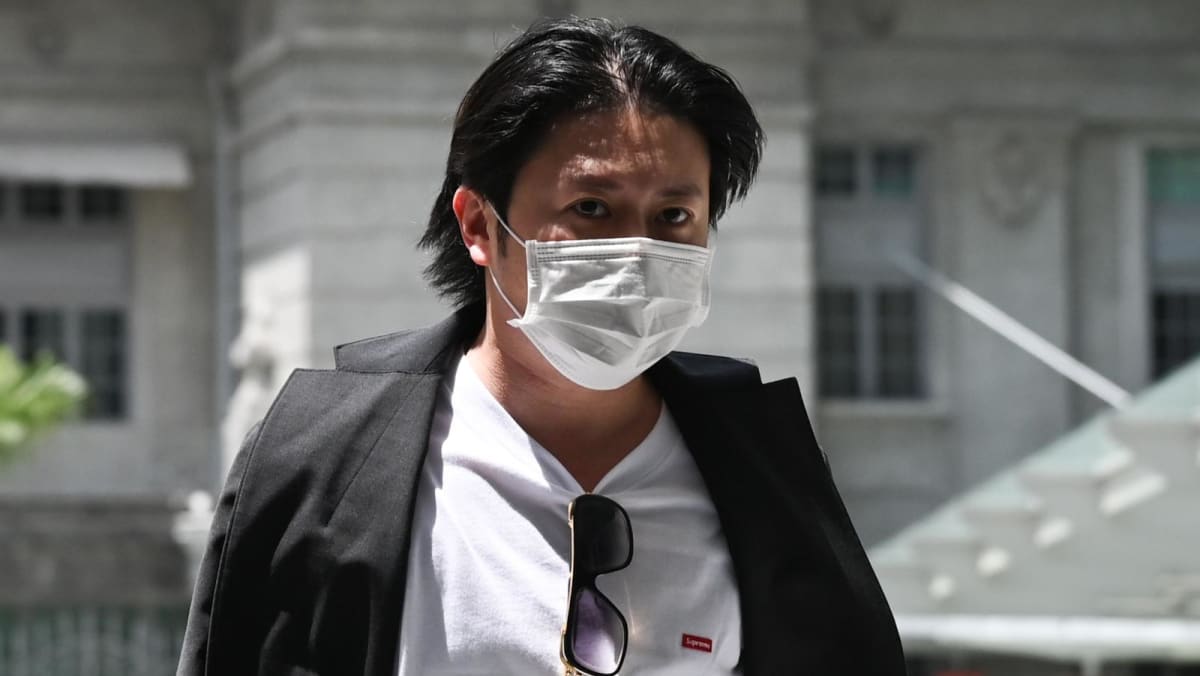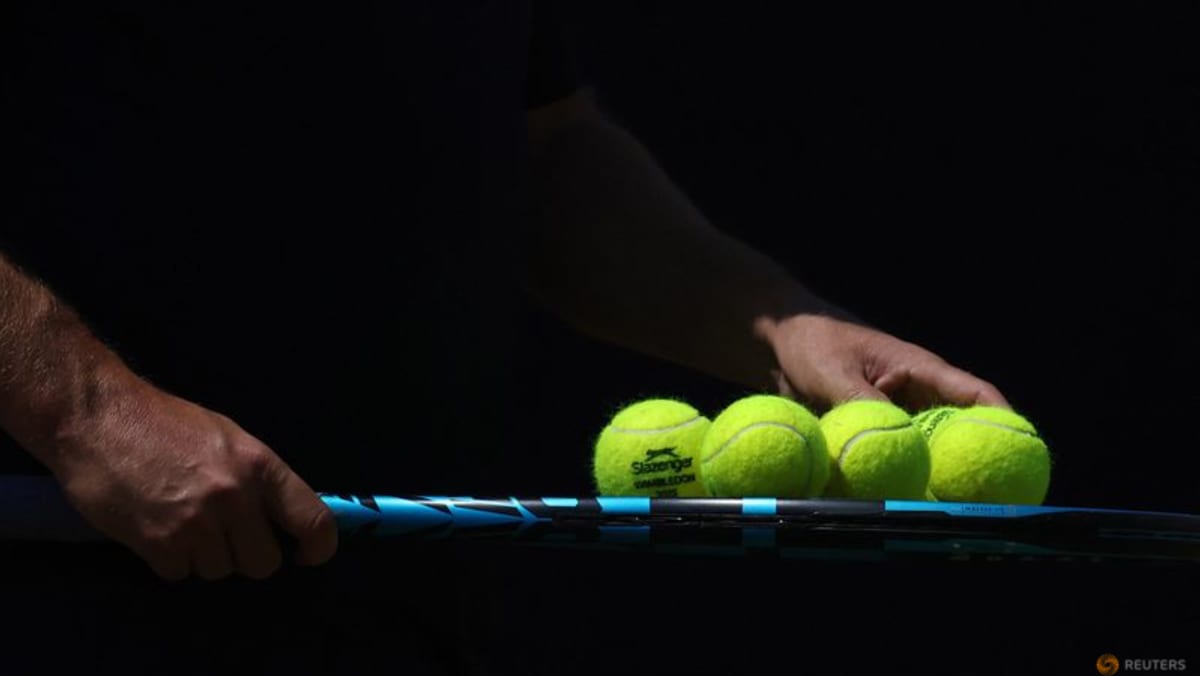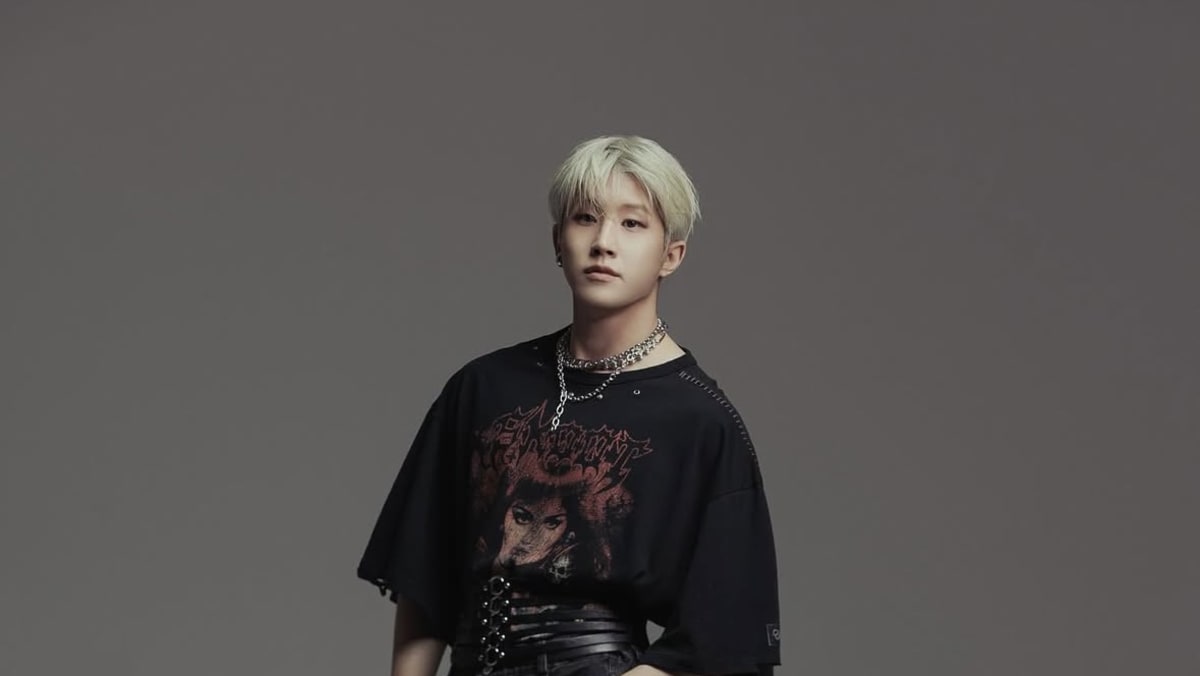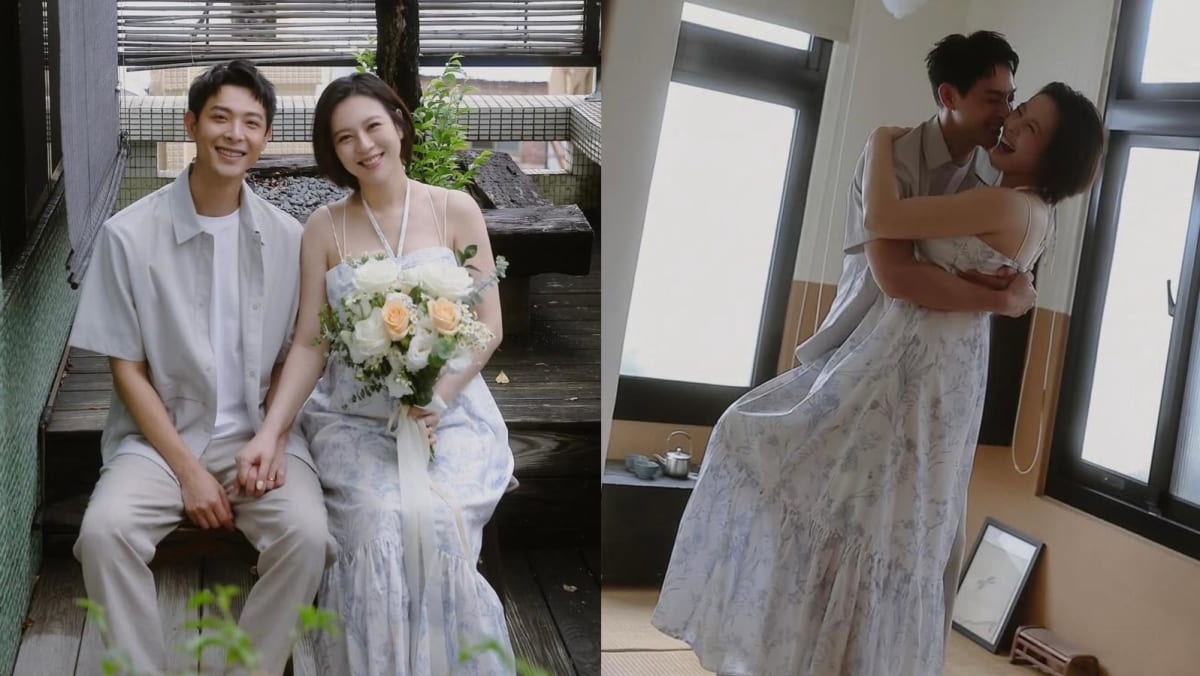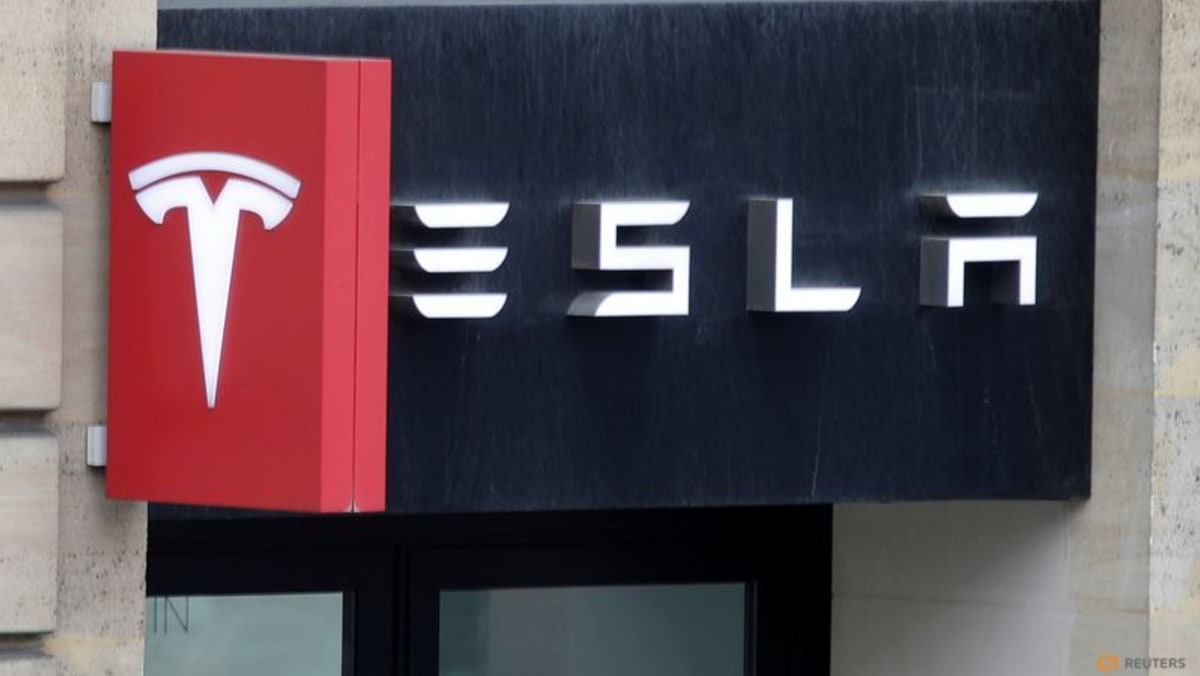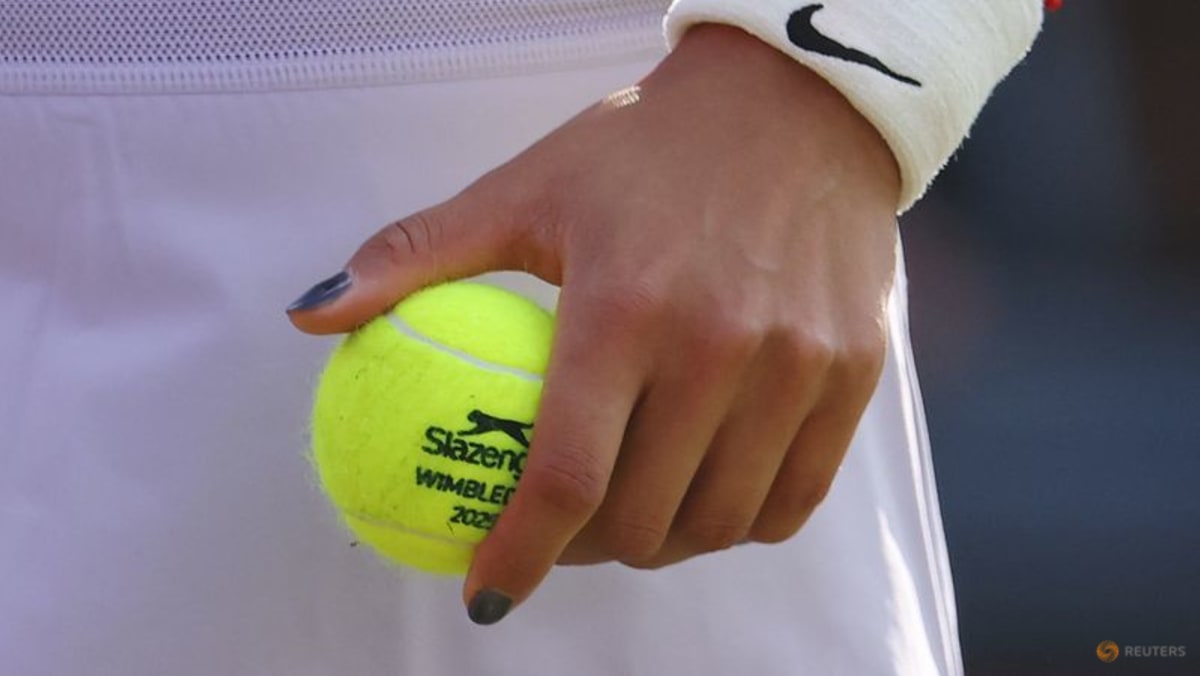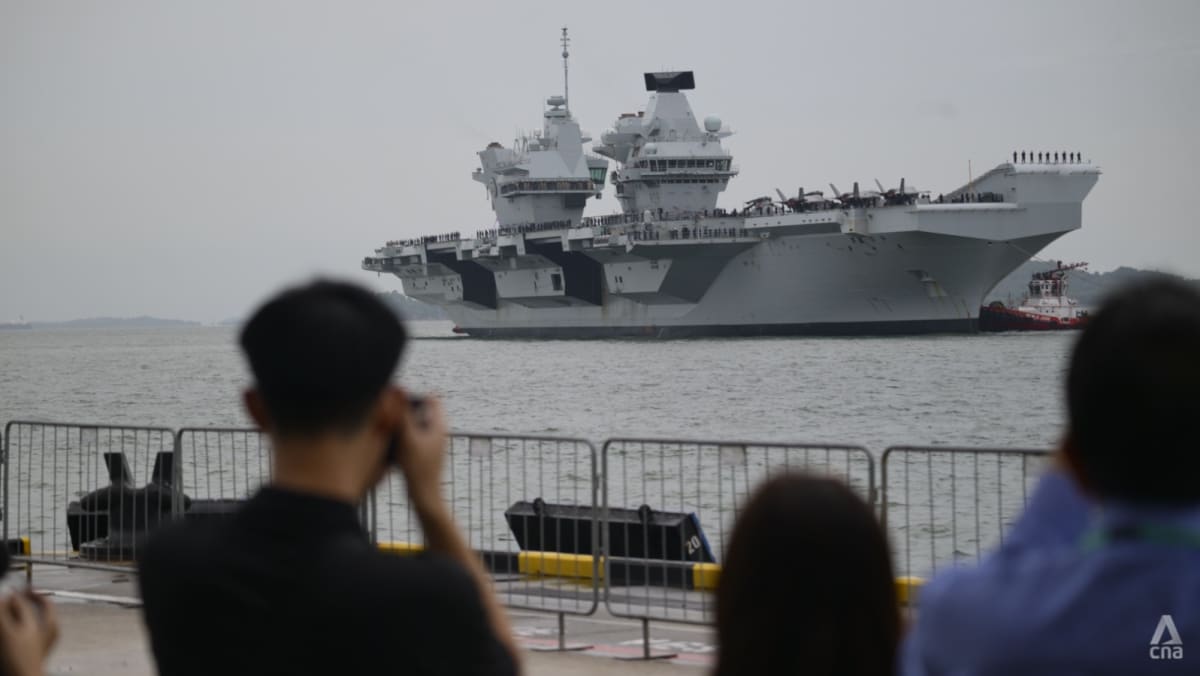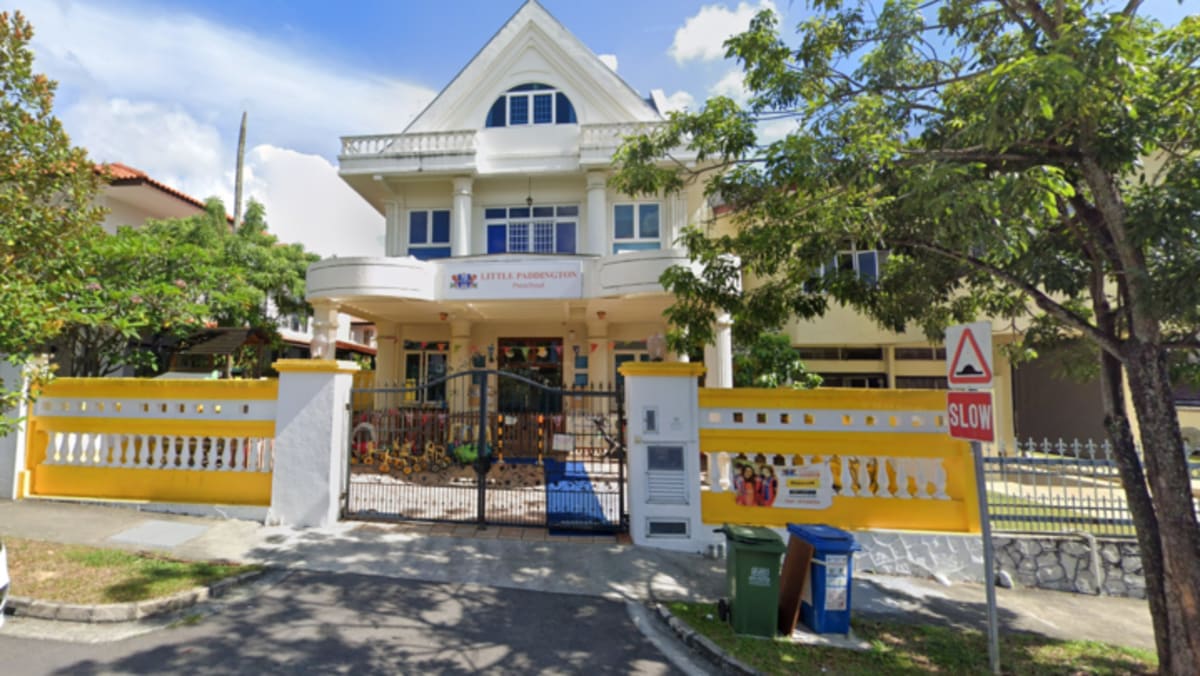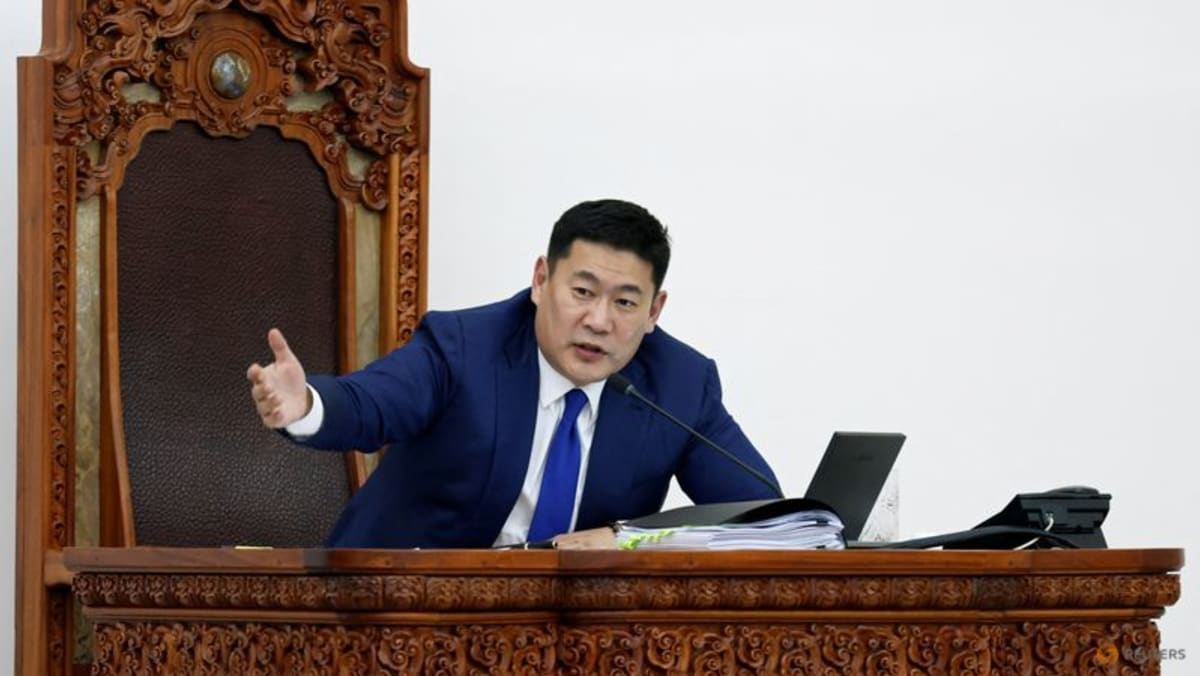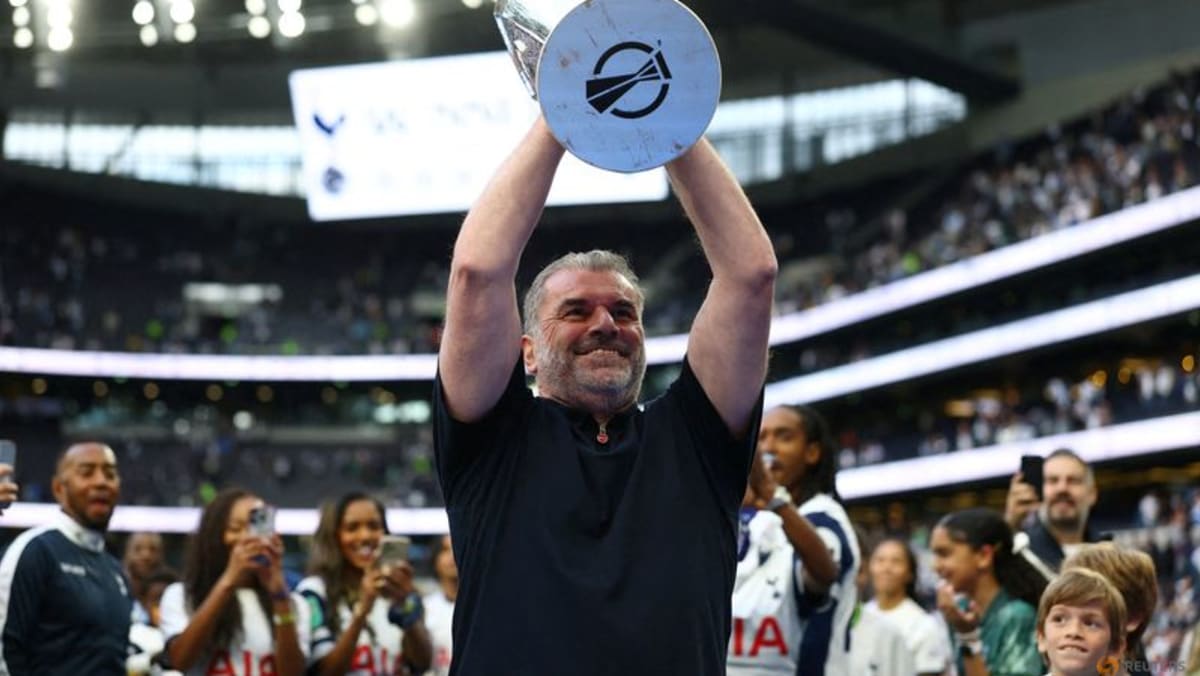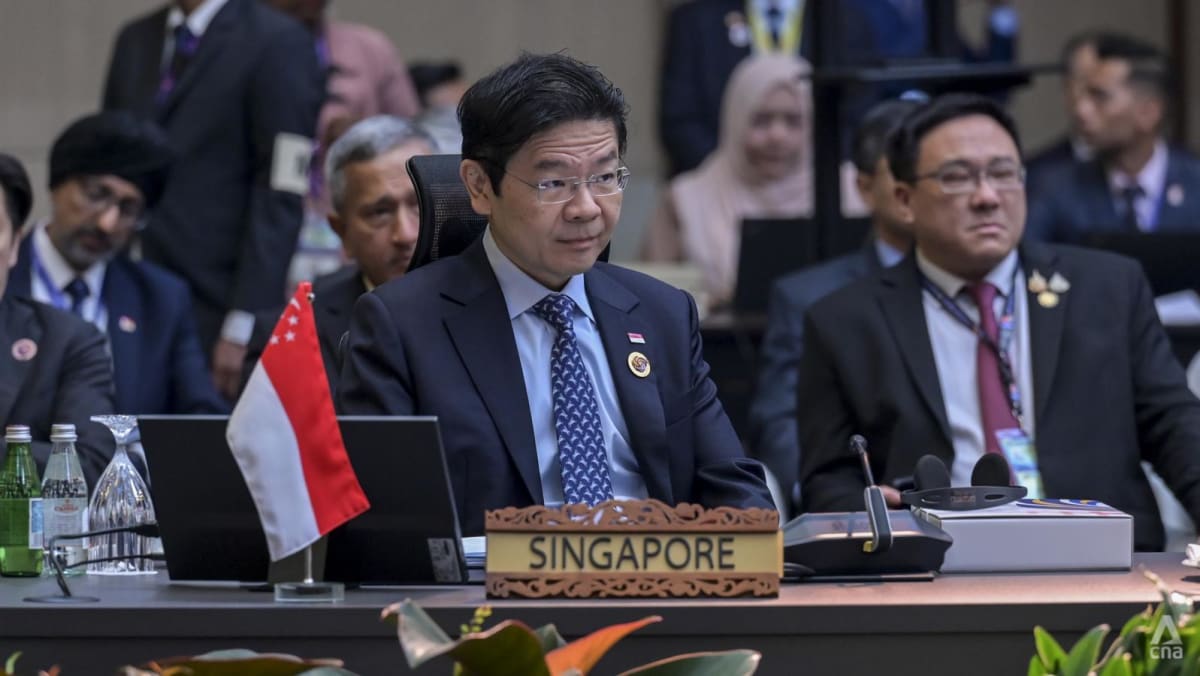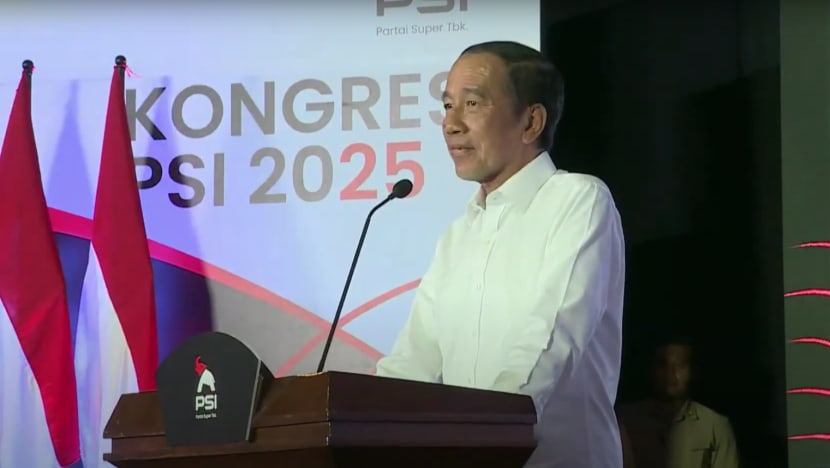
Former President Joko Widodo expressed his support for the Indonesian Solidarity Party (PSI) at the PSI Congress in Solo on Jul 19, 2025. (Photo: YouTube/PSI)
New: You can now listen to articles.

This audio is generated by an AI tool.
JAKARTA: In his most extensive remarks on his next potential political vehicle after stepping down as Indonesia’s seventh president, Joko “Jokowi” Widodo has said he will fully support the Indonesian Solidarity Party (PSI) chaired by his youngest son.
Analysts said that by throwing his weight behind PSI, there will be public expectation for the former president to help it perform better in the 2029 general election than its abysmal showing in previous polls.
But his involvement in PSI remains unclear and is far from certain, given that Jokowi is not even a PSI member and does not have a formal leadership role, observers said, adding that he could be eyeing a position in another bigger party.
The Indonesian Democratic Party of Struggle (PDI-P) had backed Jokowi's political career and two successful presidential bids, but he had to leave the party in 2024 after deciding not to endorse PDI-P presidential candidate Ganjar Pranowo.
Jokowi enjoyed high approval ratings during his two terms in office.
But since stepping down as president in October 2024, signs are that Jokowi’s influence is waning amid speculation over his health and whether he would take up a leadership role in a party as a vehicle to retain political relevance.
So all eyes were on him last weekend as he spoke at the PSI Congress in Solo, where his son Kaesang Pangarep, 30, expectedly won a re-election as chairman of the youth-driven party.
“I will fully support PSI… I will work hard for PSI,” Jokowi told party members and supporters last Saturday (Jul 19).
Jokowi also urged the party to finalise its organisational structure to help PSI better understand the aspirations of people across Indonesia. Typically, after a party congress, its chairman will decide other leadership positions.
“If the target for 2029 is simply to enter Senayan (parliament), I think that shouldn't be the target—because that must happen. It’s too small if our goal is only to get into Senayan,” said Jokowi.
When asked by reporters the next day what form his support for PSI might take, Jokowi simply reiterated that he would offer his “full support”.
“It will be full support, which means working hard. I can be at the front, behind, or even in the middle,” said Jokowi, as quoted by news outlet Tempo.
WHAT IS PSI?
PSI was founded in November 2014 by a group of young activists promoting clean, transparent, and diversity-driven politics. Its first leader was Grace Natalie, a former journalist of Chinese-Indonesian descent.
The absence of a strong influential figure has contributed to PSI’s poor performance in the past two elections, said analysts.
In the 2019 election, PSI secured only 1.89 per cent of the vote—well below the 4 per cent parliamentary threshold to win a seat.
PSI then sought to rebrand itself by appointing Giring Ganesha, a former rock band vocalist, as its new leader. He was later replaced in 2023 by Kaesang after the party hit a low point and aimed to attract younger voters.
PSI appointed Kaesang as party chairman just two days after he officially joined the party.
Prior to that, Kaesang was a businessman with no political experience.
Kaesang’s leadership did help PSI increase its vote share to 2.80 per cent in last year’s legislative elections, but it still fell short of the electoral threshold.
PSI founder Jeffrie Geovanie admitted that appointing Kaesang in 2023 was a strategic move to capitalise on the Jokowi family name. Without that, he said, the party risked collapse due to declining popularity.
“If we don’t even get even a drop of blood, a single support from the Jokowi family—or Jokowi himself — we might as well shut the party down,” Jeffrie said at the PSI congress over the weekend, recounting what he told party members before Kaesang was first appointed chairman in 2023.
Kaesang was re-elected last weekend as chairman after securing more than 60 per cent of the votes, defeating two other candidates.
Collapse Expand
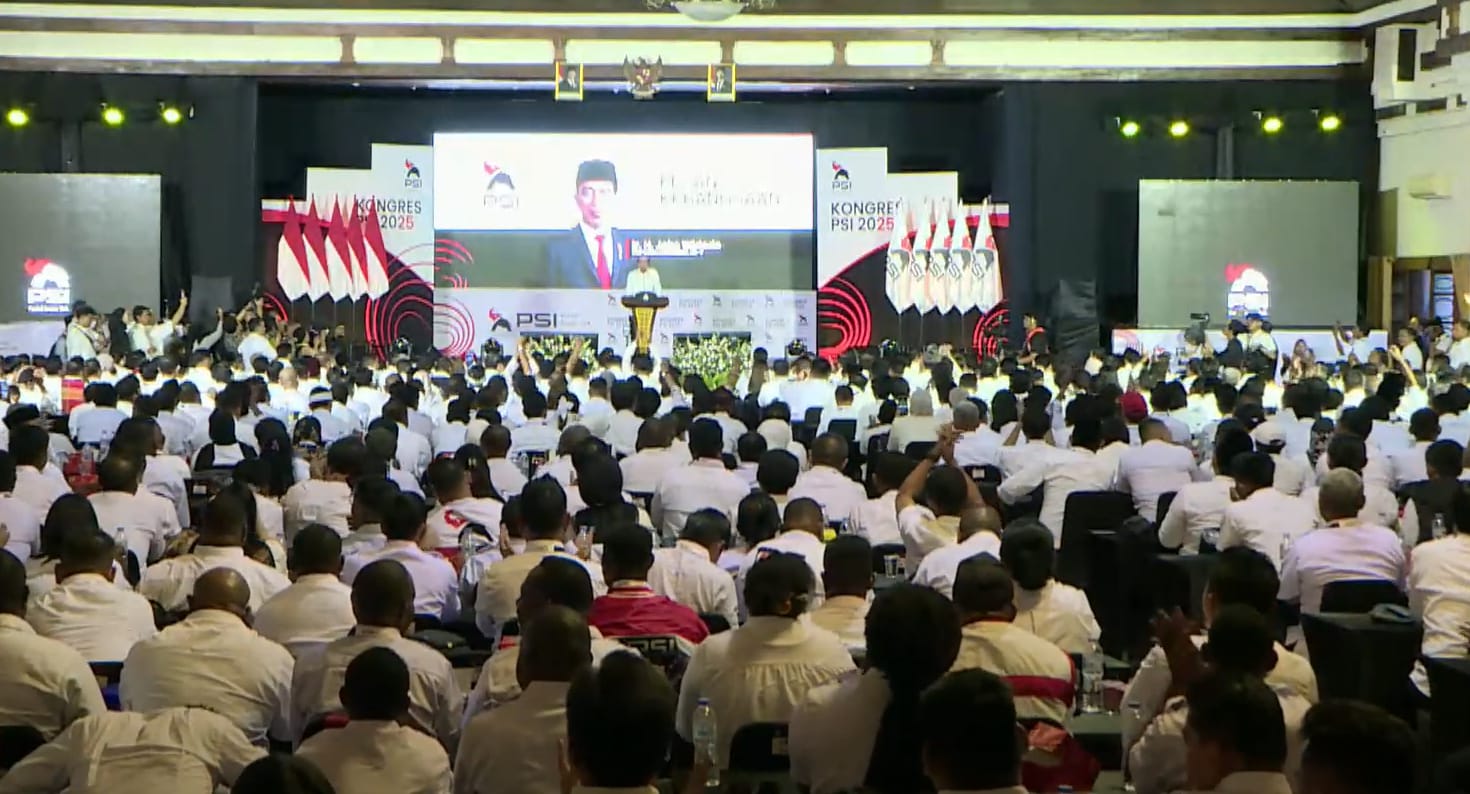 Former President Joko Widodo delivers a speech at the Indonesian Solidarity Party (PSI) congress in Solo on Jul 19, 2025. (Photo: YouTube/PSI)
Former President Joko Widodo delivers a speech at the Indonesian Solidarity Party (PSI) congress in Solo on Jul 19, 2025. (Photo: YouTube/PSI)
JOKOWI AS PSI PATRON OR IS HE AIMING FOR SOMETHING BIGGER?
Observers suggest that Jokowi’s support for PSI may be in the form of a patron rather than a formal leadership post alongside his son.
“PSI’s weakness all along has been its lack of a strong patron,” Ambang Priyonggo, assistant professor of political communication at the Multimedia Nusantara University, told CNA.
“Jokowi can influence public perception, so he will support the party from behind the scenes.”
Agung Baskoro, a political analyst from the think tank Trias Politika Strategis, agreed, adding that the relationship between Jokowi and PSI is a mutually beneficial one.
“PSI needs a figure like Jokowi. Meanwhile, Jokowi needs a political vehicle to shield himself and his family from political attacks, as well as to protect his legacy and influence,” said Agung.
Political communication analyst and KedaiKOPI survey institute founder Hendri Satrio noted that Jokowi now carries a big responsibility to elevate PSI’s reputation, and will likely go “all out” to do so, as PSI’s resurgence would also help restore his own public image.
“If PSI collapses, the embarrassment falls on Jokowi. The party is trying to shift the burden of raising voter support onto the Jokowi family,” Hendri told CNA.
According to Ambang of Multimedia Nusantara University, it is likely that Jokowi has not joined PSI as a leader or member because he sees his stature as bigger than that of the party.
“Someone of Jokowi’s calibre is too big for PSI,” Ambang said.
Furthermore, saying that he supports PSI does not preclude him from officially joining a more established party.
“There’s a chance Jokowi could join another political vehicle. There’s one party clearly affiliated with him — he could be recruited by that party: Golkar,” said Ambang.
Agreeing, Made Supriatma, a visiting fellow at Singapore’s ISEAS–Yusof Ishak Institute, believes that Jokowi is aiming to align with another party beyond PSI, calling "Golkar the ultimate prize".
“PSI has major limitations. It’s run by Gen Z youth with minimal experience and no grassroots base,” Made told CNA.
“They’re not from circles accustomed to political manoeuvring — unlike Golkar.”
Golkar was part of Jokowi’s two governments when he was president and had consistently supported his policies.
Speculation about Jokowi joining Golkar has circulated since last year, though it has yet to materialise.
Following the resignation of its leader Airlangga Hartarto in August 2024, Golkar appointed Energy and Mineral Resources Minister Bahlil Lahadalia, a key Jokowi ally, as its chairman.
Made said that Golkar, founded in the 1960s during the New Order era, is arguably the most suitable party for Jokowi.
However, he added that such a move would not be easy given Jokowi’s waning political influence and the view among some in Golkar of him as someone who never contributed to building the party.
Ambang also pointed out internal divisions within Golkar between factions that support Jokowi and those that oppose him.
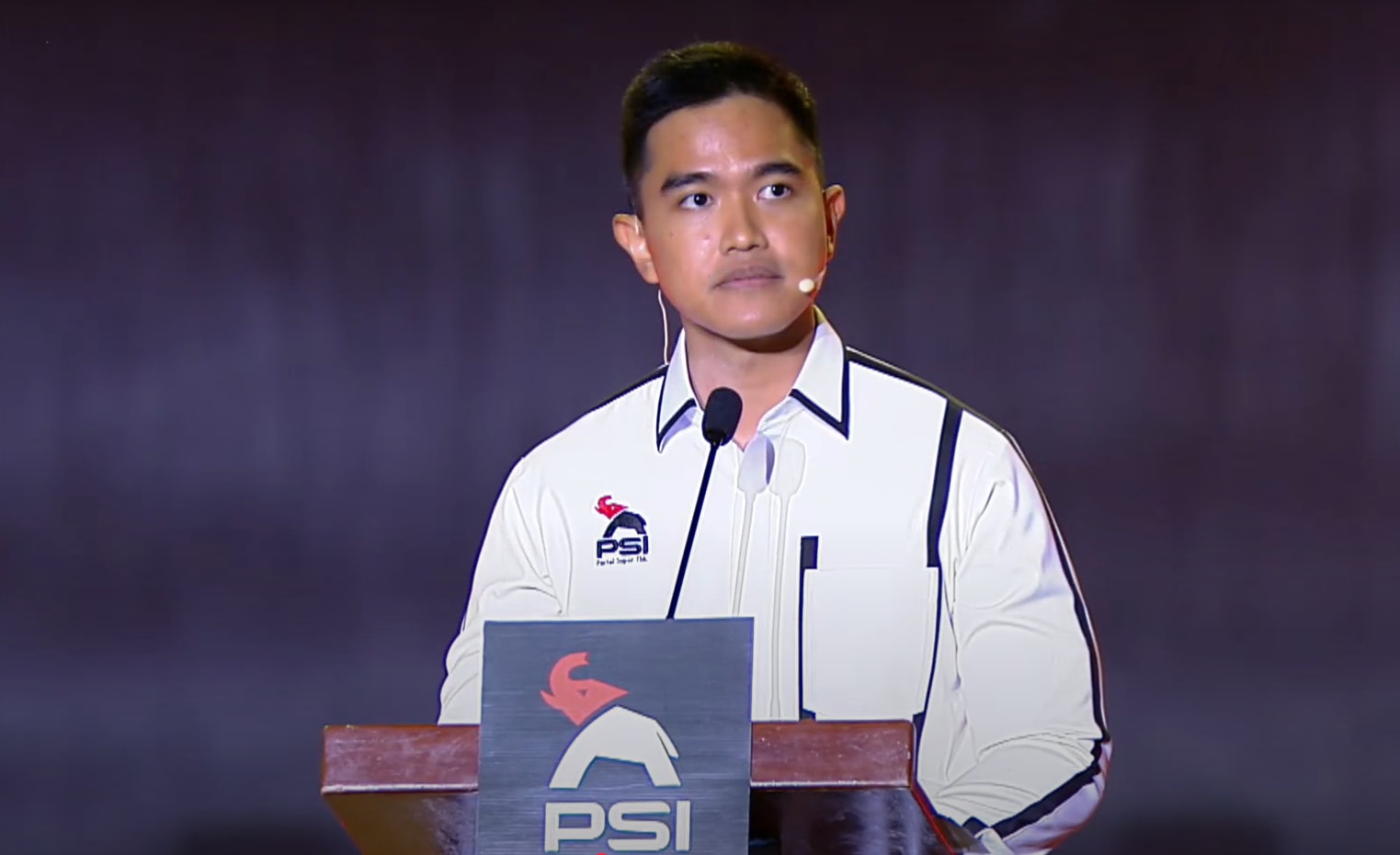 Jokowi's son Kaesang Pangarep was re-elected chairman of the Indonesian Solidarity Party (PSI) at the PSI Congress in Solo on Jul 19, 2025. (Photo: YouTube/PSI)
Jokowi's son Kaesang Pangarep was re-elected chairman of the Indonesian Solidarity Party (PSI) at the PSI Congress in Solo on Jul 19, 2025. (Photo: YouTube/PSI)
JOKOWI’S POLITICAL STANDING
Observers whom CNA spoke to generally agreed that Jokowi still holds some political sway due to his former presidential status, but his influence is on the decline.
“In terms of electoral coattail effects, Jokowi likely doesn’t have the same pull as before. His term is over, and issues like the fake diploma allegations have eroded his image,” said Ambang, referring to lawsuits filed based on such claims which have been denied by Jokowi and his university.
Made of ISEAS Yusof-Ishak Institute added that many of Jokowi’s former supporters have turned against him.
This is especially after his other son Gibran Rakabuming Raka became vice-president following a controversial Constitutional Court ruling that lowered age requirements for presidential candidates and allowed the then 36-year-old to contest in last year’s election.
“It's almost impossible for Jokowi to return to power. The post-Prabowo era will belong to the younger generation,” Made said, referring to President Prabowo Subianto.
Analysts also downplayed the significance of Prabowo’s recent visit to Solo to meet Jokowi for an hour, reportedly to brief his predecessor about the completion of the Indonesia-European Union Comprehensive Economic Partnership Agreement.
Negotiations for the agreement had started during Jokowi’s term and had taken 10 years before concluding earlier this month.
Made said that the visit was just a way for Prabowo to still show respect to Jokowi, whom Prabowo had said played a crucial role in securing his victory in last year’s presidential election.
“He didn’t go there to report anything. There’s no downside for Prabowo in continuing to respect Jokowi,” Made said.
Ambang added that Prabowo’s visit was more about maintaining political balance, especially after he recently met with PDIP chair Megawati Soekarnoputri.
“His visit was meant to maintain the equilibrium of political dynamics,” said Ambang.


